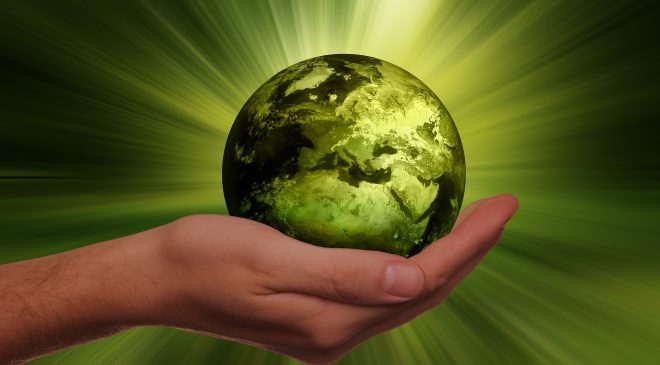Supply constraints and geopolitical challenges pose risks to green energy objectives
The demand for green energy technologies is soaring worldwide as over 70 countries set net-zero targets and commit to reducing emissions. However, the ambitious goals to scale up green energy sources like solar, wind, and nuclear energy are putting strain on natural resources, particularly the minerals required to produce these essential technologies. GlobalData, a leading data and analytics company, warns that without adequate supply of critical minerals, the energy transition objectives may face delays.
GlobalData’s latest thematic report, titled ‘Critical Minerals,’ identifies 15 minerals that are vital for the energy transition. Among these minerals, the five most critical are lithium, cobalt, copper, nickel, and rare earth elements (REEs), which are essential for the development of batteries for electric vehicles as well as for solar, wind, nuclear, and hydrogen energy.
Isabel Al-Dhahir, Senior Analyst, Thematic Intelligence at GlobalData, explains, “Several minerals that are critical for the energy transition are facing various supply-side constraints, including supply shortages, resource monopolization, and geopolitical impediments.”
Geopolitics has emerged as a central issue in the critical mineral’s discussion. Many minerals are geographically concentrated, and China currently dominates the procurement and processing of these minerals. This has allowed China to accelerate the development of its electric vehicle and energy transition industries. In response, the US and the EU are now taking steps to balance the scales.
Deposits of critical minerals are typically found in specific regions of the world. For example, South America and Australia hold much of the world’s lithium reserves, the Democratic Republic of the Congo (DRC) is a major provider of cobalt, and Indonesia dominates nickel production.
Al-Dhahir concludes, “The race to control these mineral assets has sparked intense rivalries between China, the US, and the EU, with China currently dominating the mineral supply chain and the development of energy transition technologies. To level the playing field, both the US and the EU have pledged significant financial support to their energy transition industries and the establishment of independent mineral supply chains.”
Addressing the supply constraints and geopolitical challenges surrounding critical minerals is crucial to ensure a smooth and successful energy transition. Cooperation among countries and investment in diversifying mineral sources will be vital to meet the growing demand for green energy technologies and achieve global sustainability goals.
Tags: GlobalDataGreen energy





